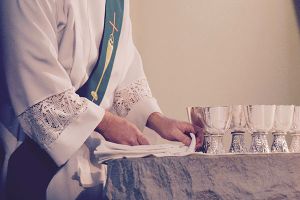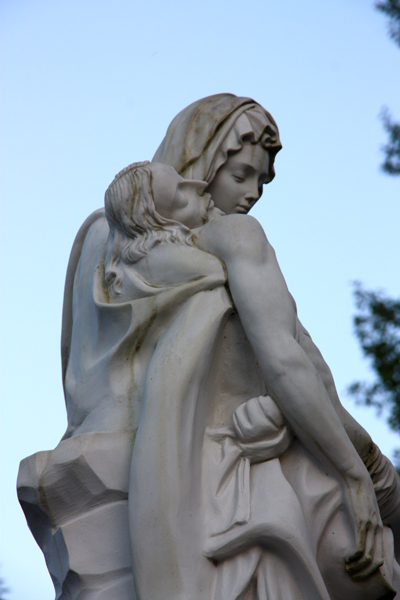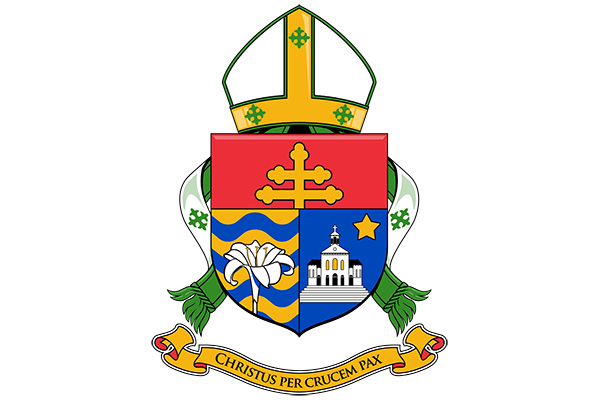

This Saturday, October 1, the Archdiocese of Halifax-Yarmouth will host a Come and See for men interested in discerning the permeant diaconate.
Restored after 1,500 years by the Second Vatican Council, the Diaconate is rooted in the experience of the New Testament Church. We read in Acts that the apostles chose deacons to help them respond to the pressing needs of the infant Church in Jerusalem and maintain fidelity to its mission of service. Deacons are called to embody the ideal of every follower of Christ, to be “one who serves” (Luke 22:27).
Today, some deacons are single; however, most are married and share their dedication to ministry with their wives and families. The typical deacon attempts to balance three priorities in his life: the responsibility of husband and father, his job or profession by which he earns a living or supplements retirement income, and his ministry as an ordained deacon. The springboard of service and spirituality for most deacons is his lifelong commitment to his wife in the Sacrament of Matrimony. A deacon is a servant at all times. Ministry is understood in a holistic manner. Service rendered in the context of the family may well be a much needed ministry in our culture, which is enriched and challenged by it.
For more information on this weekend’s Come and See for the permanent diaconate, click here (pdf). Or contact Deacon Robert Doyle, the Director of Deacons, by emailing:
Decrees of Our New Parishes

You can find a list of
Decrees of Our New Parishes
under the "Parishes" tab and click on "Our New Parishes"
or click here.
Archdiocesan Crest
Chancery Contact
Deacon Robert Doyle
Chancellor
(902) 429-9800 ext. 307
Archdiocesan Funeral Guidelines
Archbishop Mancini in collaboration with the clergy, religious and lay faithful of our Church of  Halifax-Yarmouth prepared the document on Catholic funerals in the Archdiocese of Halifax Yarmouth. The document is titled "Catholic Funerals: Theological and Pastoral Considerations".
Halifax-Yarmouth prepared the document on Catholic funerals in the Archdiocese of Halifax Yarmouth. The document is titled "Catholic Funerals: Theological and Pastoral Considerations".
The document touches on the frequent experience in our faith communities that funerals draw people with diverse connections to the Catholic faith or faith in general. Liturgical options, specifically the separation of the Funeral Rite (Order of Christian Funerals) and the celebration of the Eucharist, can facilitate a fuller involvement of mourners at Catholic funerals. As well new opportunities are presented to evangelize and catechized a Christian understanding of life, death and resurrection. For the faithful the opportunity to celebrate Eucharist at a memorial Mass within a short time of the funeral liturgy can be much more meaningful experience of communion.
This guidelines addresses issues like eulogies, use of Christian symbols at funerals, cremation, and the celebration of the funeral rite at funeral parlors as well as other points to assist parish personnel in the ministry to those who are grieving.
download: English (pdf) French (pdf)

